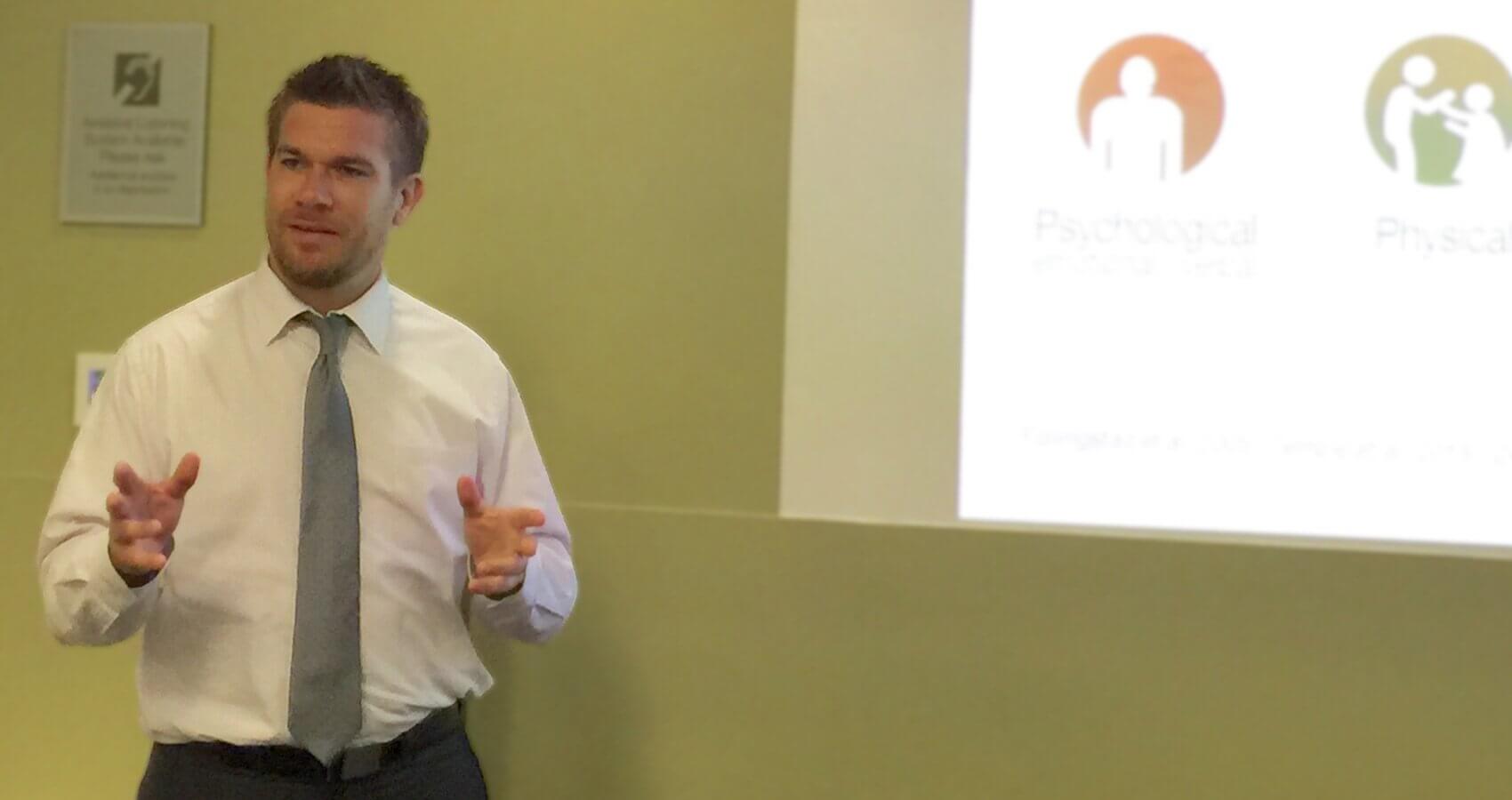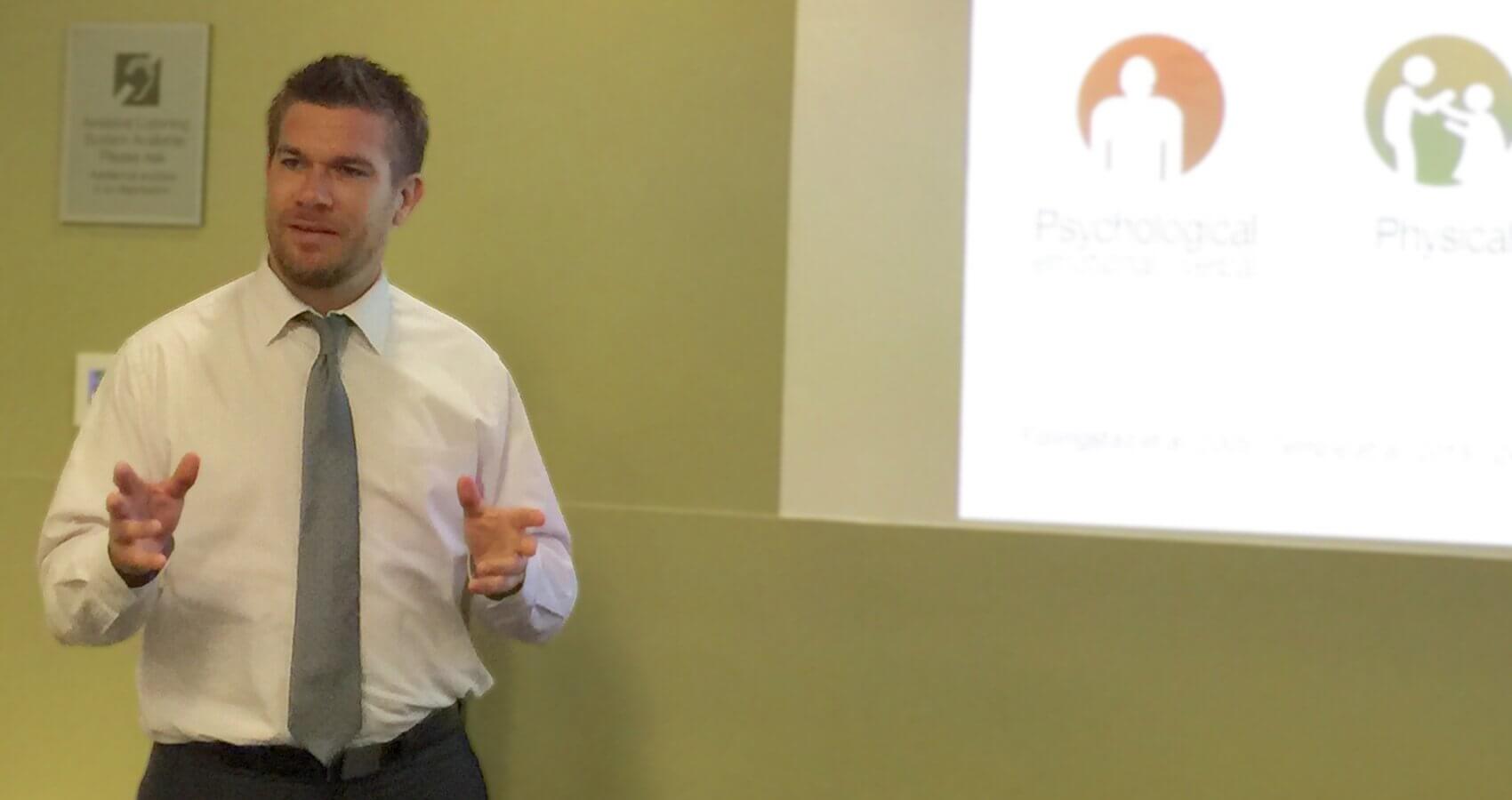UTMB receives CDC funding for school-based healthy relationships program in Houston-area schools

The Centers for Disease Control and Prevention has awarded The University of Texas Medical Branch at Galveston a $1.05 million grant to study the implementation of a school-based healthy relationship program for teens.
The study to be conducted in Houston-area high schools will allow researchers to implement “Fourth R,” a program shown to be successful in reducing risky behaviors.
Principal Investigator Jeff Temple, who is an associate professor in UTMB’s department of obstetrics and gynecology and vice president of the Galveston ISD school board, said the program would help teenagers deal with pressure from their peers and media, form and maintain healthy relationships and resolve conflicts without violence.
The study will allow the researchers to implement the Fourth R program in several high schools within the Houston area and help them determine the program’s effectiveness. Results of this study will be used to apply the program nationwide.
The Fourth R program integrates the promotion of healthy relationship skills and prevention of dating violence into existing school curricula. Similar to teaching the traditional “Reading, (w)Riting and (a)Rithmetic,” the Fourth “R” uses guided lessons, role-playing exercises and homework to build healthy relationship skills. The program includes both classroom activities and school-wide components in which teachers receive specialized training on teaching about healthy relationships and work with students to form “safe school committees.”
The goal of the program is for students to develop ways to deal with pressures and resolve conflicts faced by teens and presented to the students in a way that is relevant to both dating and non-dating teenagers. The program’s components align with state and federal curriculum requirements in health and can easily integrate into existing school curricula, thus minimizing time and financial burdens placed upon resource-strapped schools.
Each year, around 25 percent of U.S. teens experience physical, psychological or sexual abuse by dating partners. Many victims of dating violence experience a host of negative consequences, including mental and physical health problems, risky sexual behavior, academic problems in school and increased risk of suicide.
“By the time a student graduates from high school, they will have very little education on what a healthy or unhealthy relationship looks like,” Temple said. “Any skills or information they do obtain will be from friendships, trial and error, the media or from observing their peer and parent relationships. Unfortunately, much of what they observe and learn is unhealthy and sets in motion a pattern of maladaptive relating.”
The Fourth R is used in over 5,000 schools in Canada, as well as several sites throughout the U.S. and Europe, and multiple systematic reviews and national agencies have identified it as one of only a few promising teen dating violence prevention programs. It has been shown to be effective in improving relationships and reducing risky behaviors.




